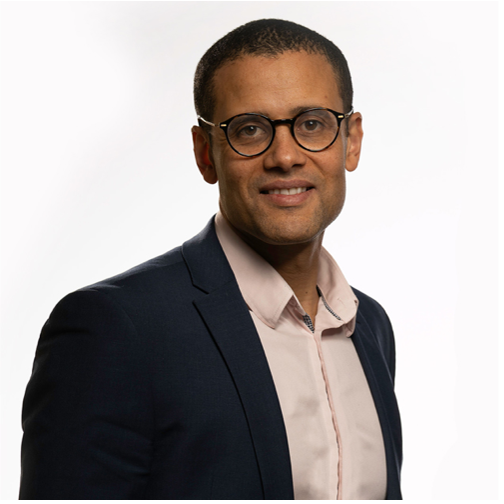Justitia, an independent and nonpartisan think tank based in Copenhagen, Denmark, has opened its first office in the U.S. at Vanderbilt University.
The office at Vanderbilt will be led by Justitia CEO Jacob Mchangama and will expand on the think tank’s The Future of Free Speech project, which aims to foster a thriving global culture of free speech, particularly where free speech is under threat in authoritarian states and democracies, online and offline. As one of the world’s leading authorities on free speech, Mchangama will also join Vanderbilt’s faculty as research professor of political science in the College of Arts and Science.
-

Jacob Mchangama
“I’m delighted to welcome Jacob and Justitia by announcing the opening of The Future of Free Speech project,” Chancellor Daniel Diermeier said. “Jacob’s work as a legal expert and human rights lawyer highlights the importance of promoting free speech in higher education. The Future of Free Speech project will enhance Vanderbilt’s status as a leading center for free speech, scholarship, collaboration and innovation.”
Founded in 2014, Justitia focuses on fundamental freedoms and the rule of law, and it launched The Future of Free Speech project in 2020. The project has published cutting-edge research and provided influential commentary on the state of global freedom of expression that has been featured in over 900 media outlets in more than 60 countries.
“The new collaboration with such an esteemed institution as Vanderbilt University will enable The Future of Free Speech project to … help reverse the free speech recession and strengthen the most fundamental of human rights,” Mchangama said.
The launch of the Future of Free Speech Project was featured in a New York Times column by David French:
On Monday, Vanderbilt University will announce the expansion of its Future of Free Speech Project, run with the think tank Justitia, which will include an international focus on free expression. I spoke to the project’s executive director, Jacob Mchangama, and he emphasized that American support for free speech can have a global impact in combating tyranny. He pointed to a piece he wrote in Foreign Policy noting that American legal standards have influenced foreign courts, specifically by enhancing press freedom. In our conversation, he made a point that’s critical in contemporary debates. “Free speech and equality,” he said, “are mutually reinforcing, not mutually exclusive.”
A New York Times editorial authored by Jeff Kosseff, a Future of Free Speech nonresident senior fellow, outlines the importance of the landmark decision of NY Times v. Sullivan in protecting democracy against politicized attempts to muzzle free and independent media.
Mchangama has written and commented extensively on the topic of free speech in the international media and has received several awards for his work. His book Free Speech—A History from Socrates to Social Media was published in 2022 and has been translated into several languages, most recently Arabic. He is a senior fellow at the Foundation for Individual Rights and Expression. He also is on the steering committee for the World Expression Forum and has been a visiting scholar at Columbia Global Freedom of Expression.
